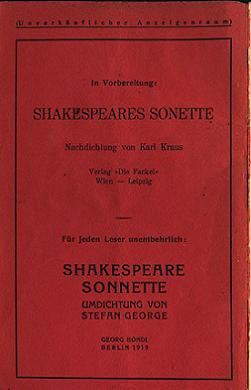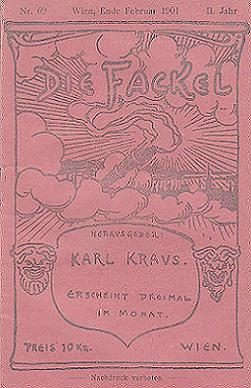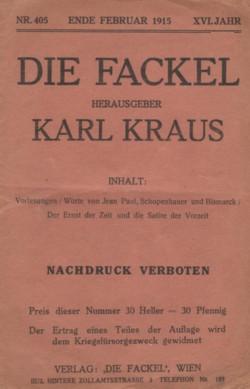Co-sponsored by the American-Austrian Society and the International Club of DC, the Austrian Embassy again hosted one of the finest baritones of our generation, Wolfgang Holzmair – accompanied by his trusty North Dakotan collaborator Russell Ryan. The program was one of eclectic and delectable rarities from 20th-century Austria: Eric Zeisl, Franz Mittler, and Robert Fürstenthal. Musically, Zeisl, of whom I have only heard piano trios and a string quartet, is more or less in Lieder No Man’s Land. Post-Mahlerian, not yet of the acerbic, hard-edged, and angular language of Hartmann, Fortner, and Braunfels, Zeisl and Mittler are perhaps best described as the Francis Poulenc of Entartete Musik. For one, they also share Poulenc’s delight in the whimsical. Particularly enjoyable for me was the encounter with texts from a slew of my favorite literary figures whom I have cherished since youth and adolescence. Wilhelm Busch, father of the cartoon (try to imagine 19th-century Asterix or Tintin with the didactic finesse of the original Grimm fairy tales and the dark and occasionally gory humor of Roald Dahl), is priceless and so dear to most German speakers (at least those who grew up before the cultural shift of the 80s) that every attempt at trying to convey what he meant and continues to mean to us, how funny and original he is, must end in frustration for lack of words and examples.



If Wilhelm Busch is difficult to translate and convey, Karl Kraus makes it impossible altogether. He personifies the quintessential Viennese coffee-house philosopher and was the (more or less one-man) organization that published the critical and literary magazine Die Fackel, which was with Ficker’s Der Brenner the unofficial epicenter of what made the Vienna of the time a cultural and intellectual antipode to Berlin. His observations – appropriately likened to H. L. Mencken's in the program notes – are wistful at times, often funny, always biting, satirical, and scathing. Nietzsche and Rilke were the men behind "Das Trunkene Lied," "Lösch mir die Augen aus...," and "Herbst." The songs were dramatically accentuated – if not always enhanced – by Holzmair’s ever animated presentation. His singing is emotional, not too text-based, is entertaining, and has a natural quality that contrasts well with that of those singers who still struggle to escape the shadow that looms over every singer who has tackled German art song in the last 50 years – Dietrich Fischer-Dieskau, that is. Still, I prefer to hear Holzmair over watching him – his funny-man contortions don’t always work in support of the song at hand (at least not for me), and the squinting and mimicking makes this very attractive man look rather silly.
The Nietzsche ditty “Ecce Homo” (mistitled in the program notes as “Ja! Ich weiss woher ich stamme!”) should have been a humorous little thing but turned out to be a far too somber affair. The culprit, however, was probably not Holzmair but the composer (Zeisl) himself. Nietzsche, unfortunately, suffers from being seen through ‘Nietzschesque’ eyes, even when he is just being tongue-in-cheek, self-deprecating, or even plain silly. Between some of these songs there was time for Russell Ryan to entertain with the Franz Mittler Nikolaus-und-Krampus Fantasia, Theme & Variations in A-minor mode, mood and tonality. It was delightful and enjoyable enough to non-native speakers who had to make due with Russell's short but insightful introduction to the context of this work – but the Austrians in the audience could barely contain their laughter as the two themes progressed inexorably towards the state of slurring drunkenness of the German-speaking people’s version of St. Nick and his dark, threatening counterpart.
The Viennese political rants of J. N. E. A. Nestroy and Kraus, melodified by Mittler, had qualities, too, that were discernable to all in the diverse and young audience – but it was really an affair that was the prerogative of the present members of various Bavarian tribes to enjoy. 





























































